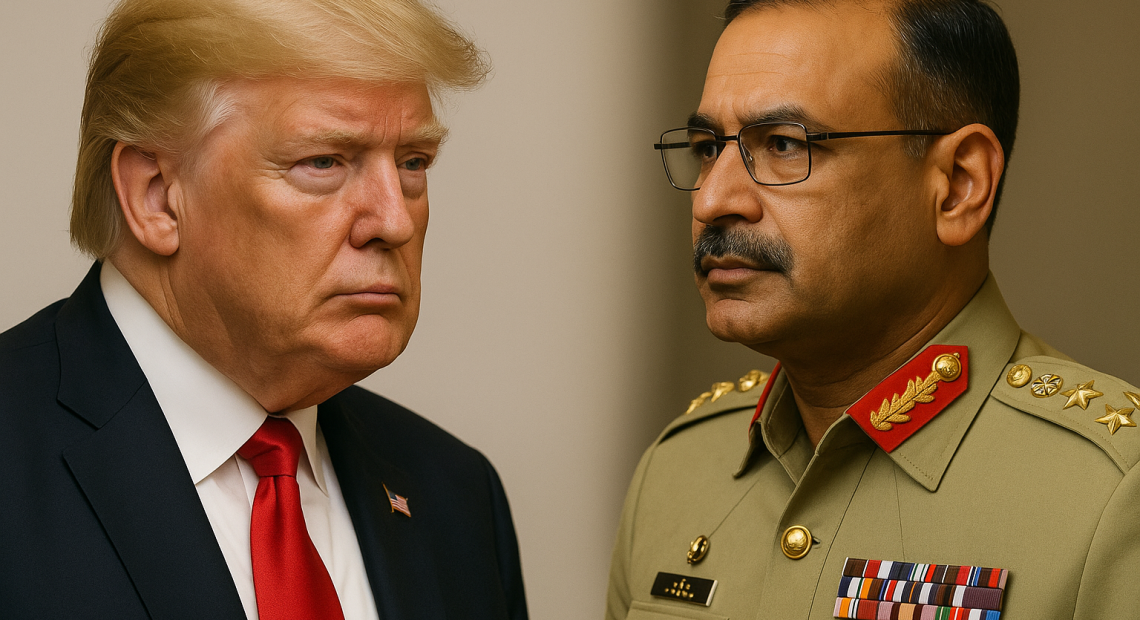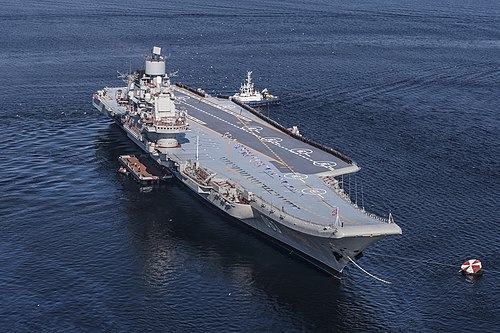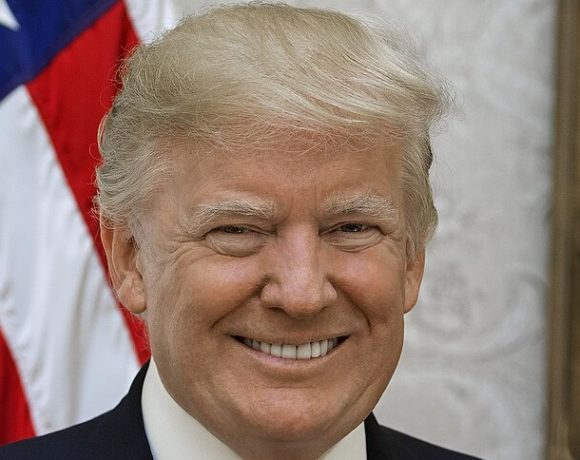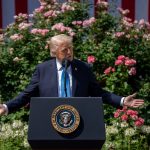
Trump–Munir Meeting Explored U.S. Access to Balochistan’s Strategic Minerals
A recent private lunch meeting at the White House between former U.S. President Donald Trump and Pakistan’s Army Chief, General Asim Munir, is now drawing attention not only for its political symbolism but also for what may have been on the real agenda—Balochistan’s critical mineral wealth.
Sources familiar with the discussion suggest that rare-earth elements, copper, lithium, and other high-value strategic minerals buried beneath Pakistan’s Balochistan region were a key focus during the two-hour closed-door engagement. These minerals are crucial for manufacturing semiconductors, electric vehicle batteries, renewable energy systems, and advanced military hardware—sectors where the U.S. is keen to reduce its dependency on China.
Mineral Diplomacy in Uniform
Unlike conventional state visits, the Trump–Munir meeting had no civilian diplomats from Pakistan present, making it a military-to-military backchannel negotiation. Observers believe this was not just about regional stability, but a calculated economic overture—where strategic cooperation was tied to access over untapped resources.
Trump’s team is believed to have broached the possibility of U.S. investment, extraction rights, and technology partnerships in Balochistan, in return for economic aid, infrastructure support, or security collaboration. The discussion may also have included resource security arrangements under the pretext of counter-terrorism and regional surveillance cooperation.
India Eyes the Shift Warily
The revelations have triggered unease in India, which sees Balochistan not only as a politically sensitive region but also as a flashpoint for broader power recalibrations. Any foreign involvement—particularly by the U.S.—in Pakistan’s mineral sector is viewed as a potential erosion of India’s strategic influence in South Asia. Indian intelligence agencies are said to be closely tracking post-meeting developments.
Strategic Timing Amid Gulf Tensions
This mineral-focused overture came amid rising tensions in the Middle East, where U.S.–Iran friction is mounting. Pakistan’s geography makes it a key logistics player, sharing borders with both Iran and Afghanistan. With the U.S. reconfiguring its regional strategy, securing mineral supply lines through military-dominated corridors like Balochistan appears to be part of a larger geoeconomic play.


















